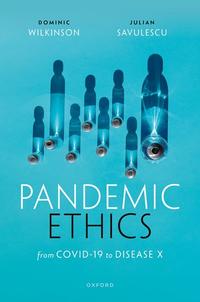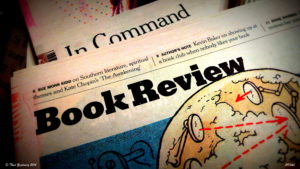By Charles Foster
Arthur Conan Doyle’s estate has issued proceedings, complaining that Enola Holmes, a recently released film about Sherlock Holmes’ sister, portrays the great detective as too emotional.
Sherlock Holmes was famously suspicious of emotions. 1 ‘ [L]ove is an emotional thing’, he icily observed, ‘and whatever is emotional is opposed to that true cold reason which I place above all things. ‘2 “I am a brain’, he told Watson. ‘The rest of me is a mere appendix’.3
I can imagine that many professional scientists and philosophers would feel affronted if they were accused of being emotional animals. Holmes is a model for them. He’s rigorous, empirical, and relies on induction.
But here’s the thing. He’s not actually very good. Mere brains might be good at anticipating the behaviour of mere brains, but they’re not good for much else. In particular Holmes is not a patch on his rival, Chesterton’s Father Brown, a Roman Catholic priest. Gramsci writes that Brown ‘totally defeats Sherlock Holmes, makes him look like a pretentious little boy, shows up his narrowness and pettiness.’ 4 Brown is faster, more efficient, and, for the criminal, deadlier. This is because, not despite, his use of his emotions.Read More »Lessons for Philosophers and Scientists from Sherlock Holmes and Father Brown




